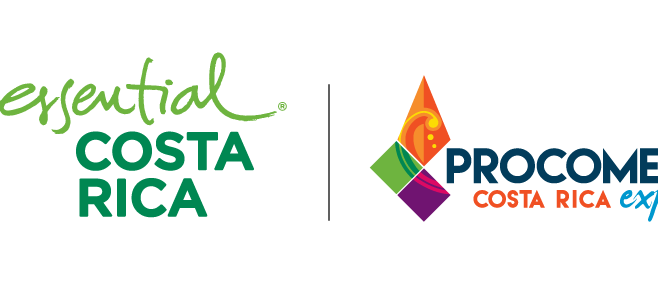
Since Intel set up operations in the 1990s, Costa Rica has taken great strides in establishing itself as a leading international technology hub. It is currently home to more than 450 ICT companies.
Growing demand for cloud services, AI and cybersecurity skills, as well as emerging areas like green tech and blockchain, are driving the country’s tech industry forward, as the world’s entry into the fourth industrial revolution, industry 4.0, demands the deployment of new solutions to increase efficiency in every aspect of business and public life.
Developing these technologies requires specialisation, innovation and adaptability, but businesses are also looking to balance that with cost-efficiency and the ability to construct robust but flexible supply chains, built on reliable partnerships.
The 2021/2022 Digital Transformation & Cloud Survey from Baker McKenzie found that cybersecurity (46%), cloud computing (44%) and AI (40%) were the top three strategically important technologies to global organisations’ digital strategies, but that a resource gap was slowing progress. Surveyed enterprises were increasingly aware of the need to partner with a wider range of technology companies in order to accelerate their digital transformation efforts.
These powerful innovation trends and the search for reliable partners are attracting corporations to Costa Rica, as well as fostering new start-ups across an array of emerging ecosystems. This creates a huge demand for technical skills, which Costa Rica is determined to meet through heavy investment in education.
Building the skills for innovation
A prime example of an emerging area in which key skills are in short supply globally is green tech. It is also an area that Costa Rica has specifically targeted for future investment. In June 2021, the country issued its second call for the Green Tech programme, which aims to activate Costa Rica’s innovation ecosystem to consolidate the country as a world hub for innovation in clean technologies.
The programme, created by the Costa Rican Foreign Trade Promoter (PROCOMER) and the Costa Rican United States of America Foundation for Cooperation, will provide business support from national and international mentors, advisers and investors, to help start-ups get a foothold in the green tech sector.
“This initiative is part of our work plan precisely to continue promoting and positioning Costa Rica as a place that, in addition to promoting economic development, does so by caring for the environment and promoting the social progress of its people,” said Pedro Beirute Prada, general manager of PROCOMER at the launch.
The birth of a blockchain revolution
Another key technology that will shape the world is blockchain, which could soon become a fundamental tool acting as the standard ledger to register vast amounts of data within companies and organisations.
An emerging number of companies in Costa Rica are developing both blockchain and crypto assets, exchanges and platforms built by local developers, as well as strong communities and groups such as the Blockchain Association of Costa Rica. The country even has several Bitcoin ATMs.
“There is a fertile ground for blockchain technology in Costa Rica and a growing ecosystem that goes hand-in-hand with the increasing interest in this technology within the Costa Rican community, especially those interested in innovation and entrepreneurship,” says Edgar Fernández, co-founder and chief strategist of EOS.
EOS Costa Rica is a developer of blockchain solutions. It deploys the EOSIO protocol – an open-source blockchain platform for developers, investors, and businesses – to improve business efficiency, traceability and transparency. Since 2018, it has been developing real-world blockchain use cases and increasing developer adoption of the software.
“At the time, we were the first company in the country to see the potential of blockchain and to invest heavily in understanding its importance,” says Fernández. “Costa Rica has a history of promoting innovation and tech education. For instance, the country is positioned third in the innovation index ranking in Latin America. In our opinion, Costa Rica serves as a laboratory for innovation thanks to its highly educated population, high levels of internet connectivity and adoption, and strategic location in the middle of the American continent with proximity to its most prominent commercial partner – the US.
“Our talent is mostly Costa Rican or is based in Costa Rica,” he adds. “Costa Rica offers the top-grade services you would expect in some of the leading innovation regions such as the US or Europe but with more accessible prices, without compromising quality on the final product. We believe that Costa Rican tech companies share a sense of accountability, desire to push boundaries when innovating, and strive to build long-lasting relationships with their clients.”
Costa Rica has an enduring commitment to developing talent. For instance, in June 2020, online education platform Coursera teamed up with Costa Rica and the International Development Bank to train 50,000 people in the technical skills required for industry 4.0.
As well as providing the advantages of a nearshore location for the US market, cost-efficient labour and the investment in partnerships that global IT companies and innovative start-ups require, Costa Rica is dedicated to developing the next generation of technical talent. Such commitment is certain to cement its place as a leading hub of innovation, providing solutions and services that directly address the needs of a fast-evolving digital economy.



